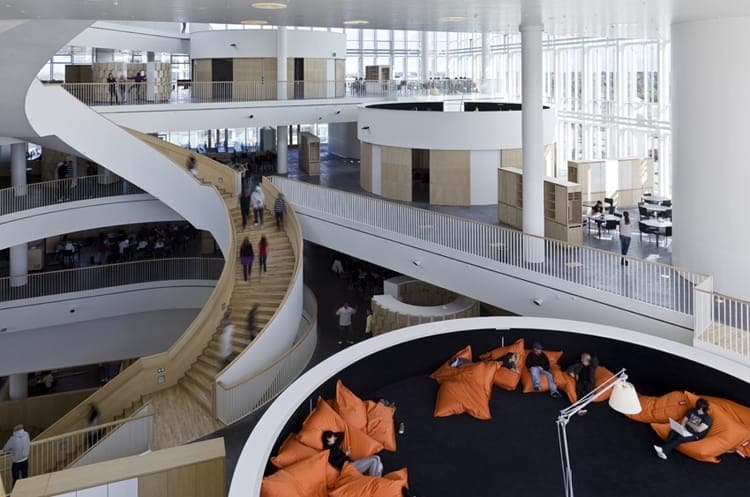
The ecological crises we face now will shape many aspects of the lives of the present generation of students.
These crises are complex, interdisciplinary problems, so it may seem hard to imagine ways in which high school students can go beyond just learning about them.
Besides, the problems are “out there” – somewhere beyond the campus walls – in the rainforests of the amazon, in the aerosols of the stratosphere, in the melting Antarctic ice-shelfs, the plastic gyre of the Pacific Ocean, our reliance on coal, gas and petroleum, and the way we make cement and steel.
But on closer inspection, these issues have many relatives in the daily operations of every school.
They are writ small in the lighting and air conditioning fixtures of every room, the campus architecture, the type of glass used in the windows, the meals served, the cars and buses the community travels to school in, the resources the school consumes and the waste it generates, the absence of nature and greenery within the campus boundary and in the way decisions about all of these things are made.
The school is a microcosm of the city. Just like the city, it is constrained by the availability of space, money, and time, and of course in the school community, just as in the city, the interests of its diverse stakeholders are not always perfectly aligned.
But at the scale of the school, the problems which seem daunting at a planetary scale, become addressable – they show up at a scale that students can get their arms around, and provide opportunities for students to try out solutions and influence change – all within the timeframe of their tenure on the campus. The eco stewardship of students is often the catalyst needed to see schools change to become environmentally friendly schools.
“Recognising these links between the way the school is and the way the city is and the planet, unlocks the potential in every campus to be a living laboratory for authentic investigations into real world problems, with opportunities to model sustainability solutions rather than just learning about sustainability problems, for collaborative problem solving and learning by doing, for experimentation, innovation and demonstration. And crucially, for learning what it takes to change a system – whether it’s a school, a corporation or a community.”
Are these not among the twenty-first century skills our graduates will need to lead the transition to a sustainable future? It’s time that we equip students – the next generation of leaders – with the skills and knowledge they need to become eco literate through education for sustainability programmes that use the school as a living laboratory and demonstrate the possibilities in experimental sustainability solutions to the school community and beyond.
